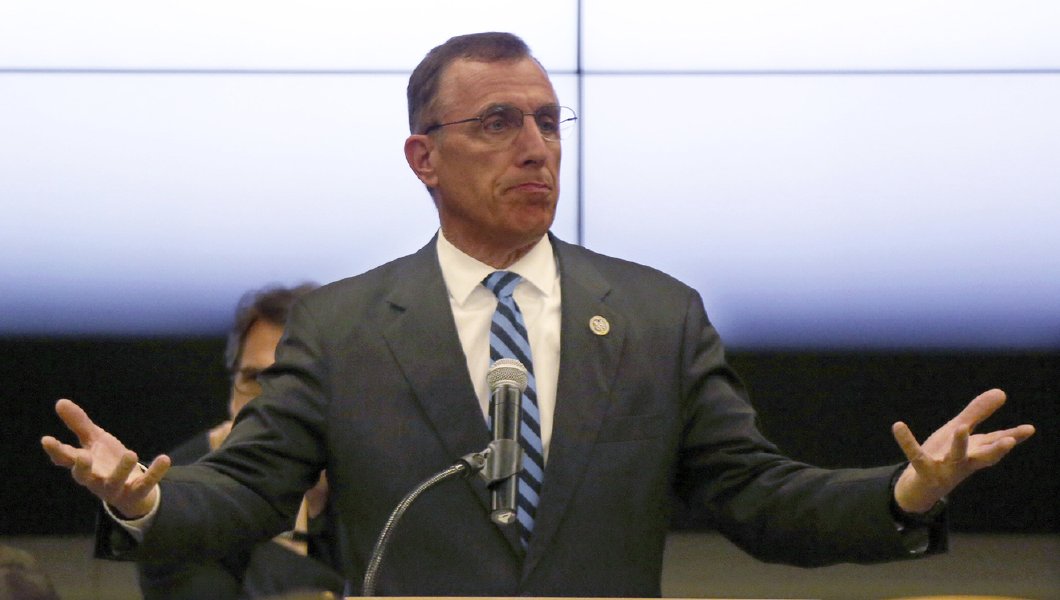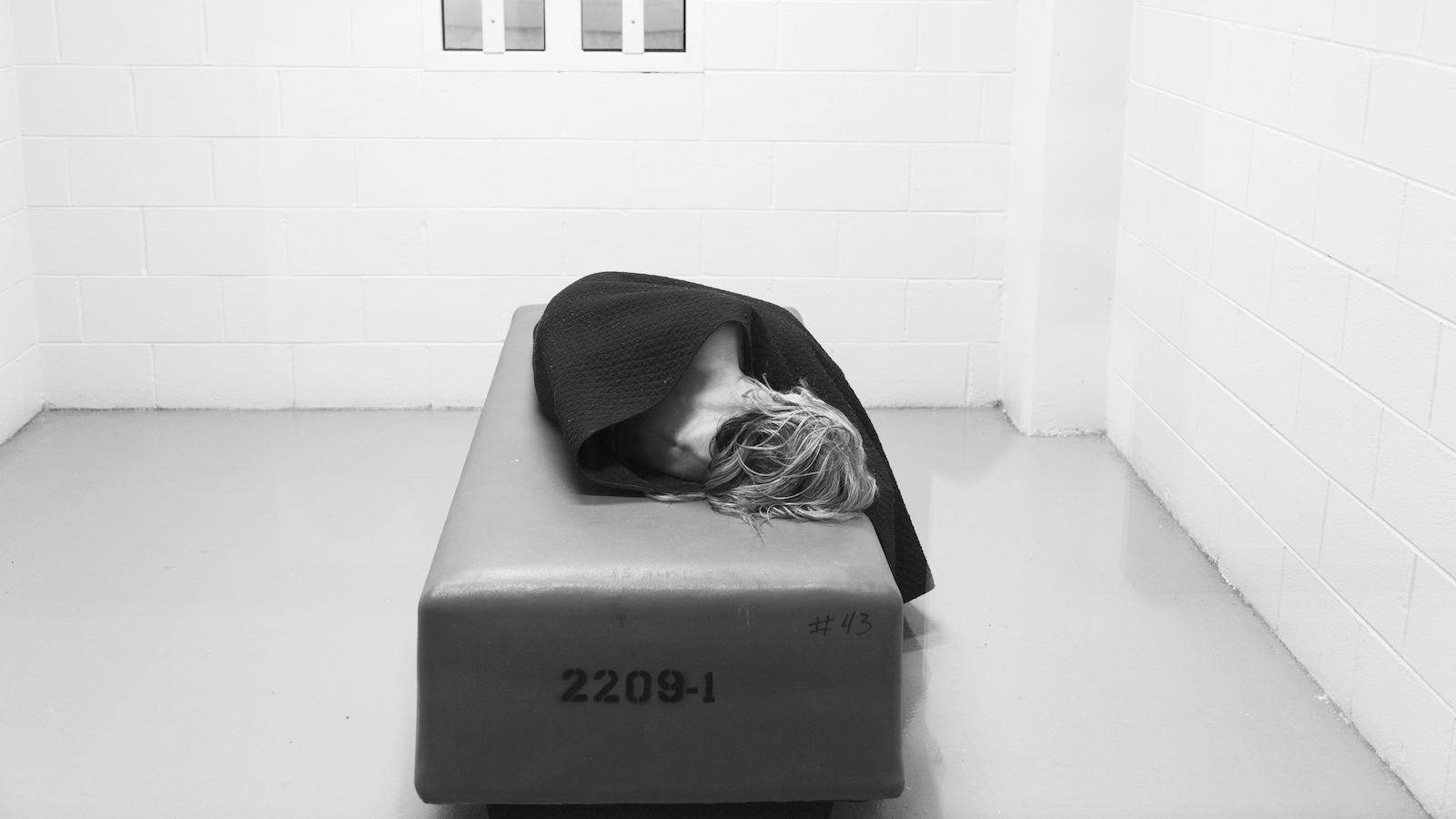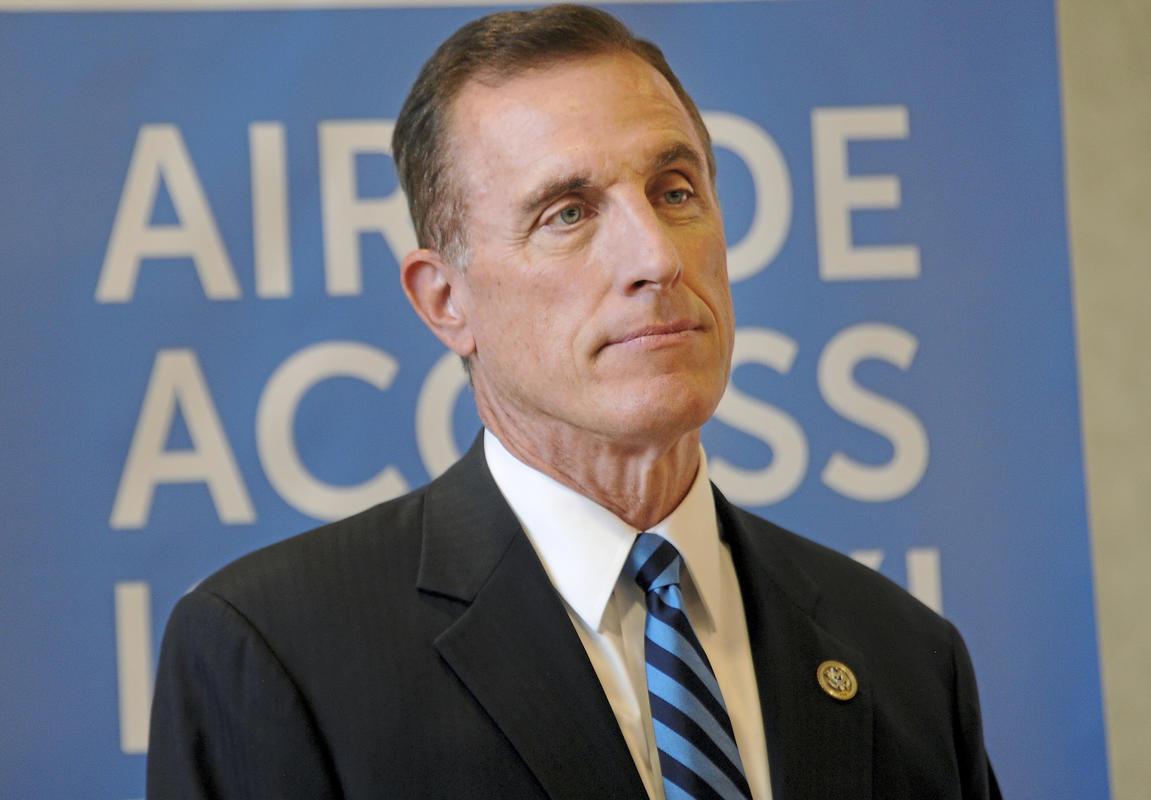
(10-23-17) I’ve always believed what my friend Bryan Stevenson (the hero of my book, Circumstantial Evidence) wrote in his New York Times bestselling book, Just Mercy: A Story of Justice and Redemption.
“Each of us is more than the worst thing we’ve ever done.”
Which brings us to the case of fallen Pennsylvania Republican Rep. Tim Murphy, whose last day in office was last Friday.
Many disagreed with the changes he wanted to institute and were offended by his often arrogant manner, but even his most adamant political enemies must acknowledge that after the Sandy Hook Elementary School shootings in 2012, he emerged as the most influential voice in Congress when it came to demanding changes in our mental health system.
It became his cause and he was doggedly determined to make mental health and substance abuse more of a priority in our federal government. Getting his Helping Families In Mental Health Crisis Act signed into law was a major accomplishment, especially in today’s political climate. Democrats, many disability groups and some mental health organizations opposed his calls for greater use of Assisted Outpatient Treatment, getting rid of the IMD 16-bed exclusion, limiting the power of Protection and Advocacy (PAIMI) groups, and modifying HIPAA to give caregivers more access. By the time, his bill was signed into law last year during the lame duck session, it had been significantly watered down. But compromise is an essential part of governing.
What’s important to remember is that without Rep. Murphy’s pushing, it’s highly unlikely Congress would have passed any major mental health legislation. I recall one of his then-peers remarking during a public meeting that every time he saw Murphy, all the 15- year veteran wanted to discuss was mental health.






